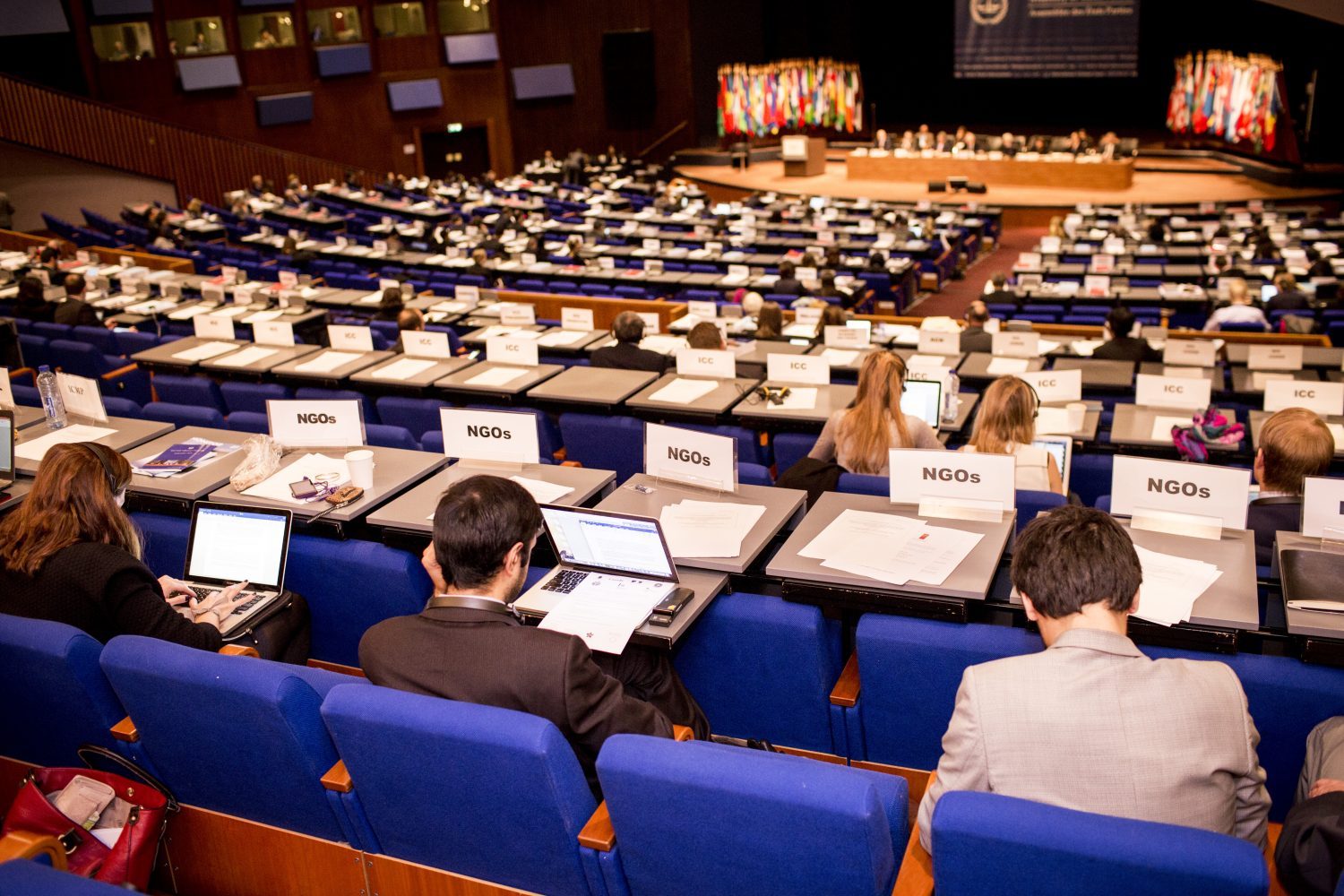
Independent Expert Report: ICC and TFV Must Strengthen Its Reparation System for Victims
REDRESS welcomes the recommendations of an independent expert report, which reviewed the performance of the International Criminal Court (ICC), aimed at enhancing the way in which victims’ right to reparations is realised.
The findings of the report, which was released on 30 September, echoes many of the findings of a REDRESS report, No Time to Wait: Realising Reparations for Victims before the International Criminal Court, which was released last year.
While highlighting the Court’s efforts in bringing to life the progressive reparations provisions enshrined in its legal texts, our report found that delivering reparations for victims had become a complicated and protracted process that had yielded little tangible results for victims. REDRESS’ findings pointed to a combination of factors that have impeded the ICC’s ability to deliver reparations promptly to victims, including inconsistent judicial approaches; capacity and planning challenges at the Trust Fund; lack of court-wide strategic direction on reparations; and the absence of comprehensive guiding principles binding on all Chambers that help to foster a coherent and consistent approach to reparations.
REDRESS is pleased that the experts echoed some of these concerns in their report, which finds that currently “[t]he Court’s conceptual and procedural processes for reparations are laden with complexity and uncertainty, which gravely affects the victims’ rights to meaningful participation and reparations”. In particular, the independent expert report notes:
- Profound delays in the award and implementation of reparations where victims “wait a lifetime”, damaging the credibility of the Court as a whole;
- Challenging procedural hurdles in relation to individual requests for reparations;
- Obstacles regarding outreach, public information and interactions with victims and victims’ communities;
- The absence of updated strategic plans for the Court and the TFV to provide guidance on how each organ will approach reparations;
- Concerns on the governance and functioning of the TFV and its Secretariat.
REDRESS welcomes, in particular, recommendation R345 calling for an increased investment in “an early and proper completion, collection and processing of the combined standard application form for victim participation and reparations”. Victims should never be excluded arbitrarily based on flaws in the application form which may be attributable to several factors beyond their control.
We also welcome recommendations R342 and R346, which call on the ICC to develop consistent and coherent principles relating to reparations and adopt measures to improve outreach, public information and interactions with victims and victims’ communities. Their implementation is crucial to deliver effective reparations for victims.
We further welcome recommendation R352, which calls on the Assembly of States Parties, the Court and the TFV to consider “a more clearly defined demarcation of the respective roles and responsibilities between the Chambers and the TFV”. This will fill the gap in the Court’s planning process as the absence of updated strategic plans for the Court and the TFV contributes to a lack of coordination, misunderstanding concerning different roles, duplication and delays.
We also welcome recommendation R356 calling on the TFV to develop a fundraising strategy, although it is important to recall that in virtue of the 2017 Paris Declaration, the ICC and States Parties should cooperate in financial investigations and asset recovery. State Parties and donors at large have a fundamental role to play in supporting the reparation and assistance mandates of the Court.
The expert independent report is an important tool that must be used to tackle current issues that victims of international crimes are facing to obtain reparations before the ICC. We recall our joint civil society statement in which we urged the Court and States Parties to put in place processes to assess the experts’ recommendations and to ensure appropriate follow-ups in the coming period, as a common reference point for bolstering the Court’s work. Therefore, we call on the ICC, TFV and State Parties to fully implement the recommendations made by the independent expert report, in consultation with victim’s groups, civil society, and other relevant stakeholders.
Photo by Matias Bercovich/ICC/CPI.
